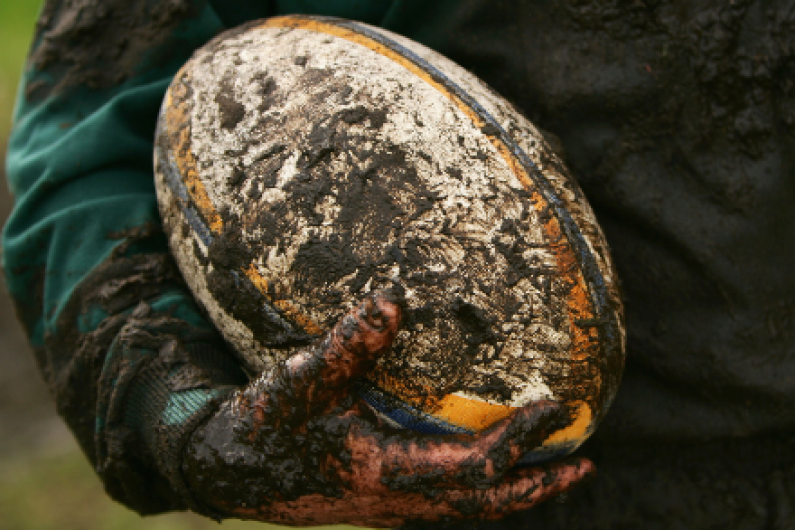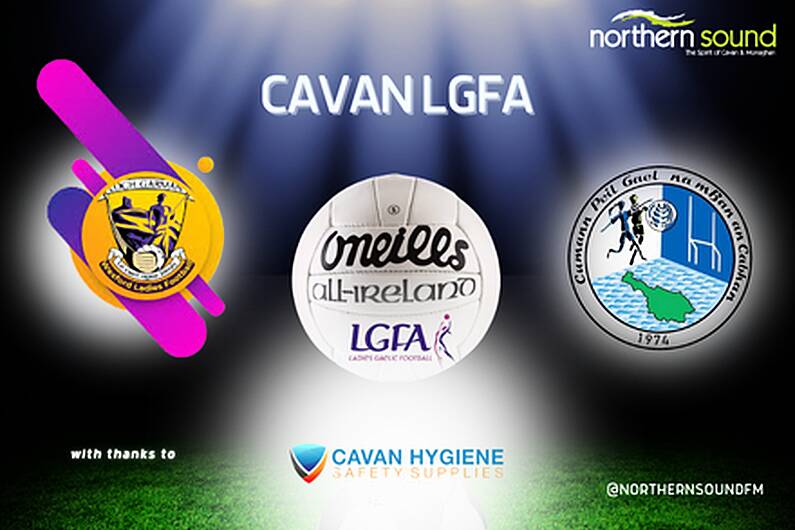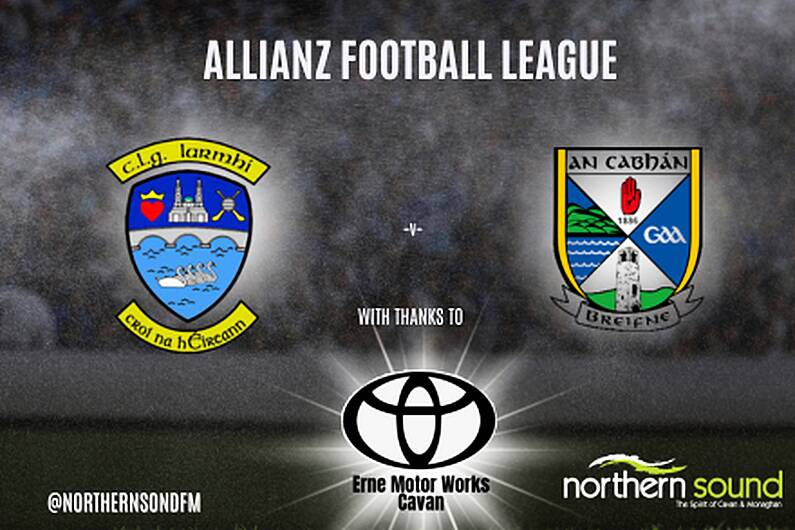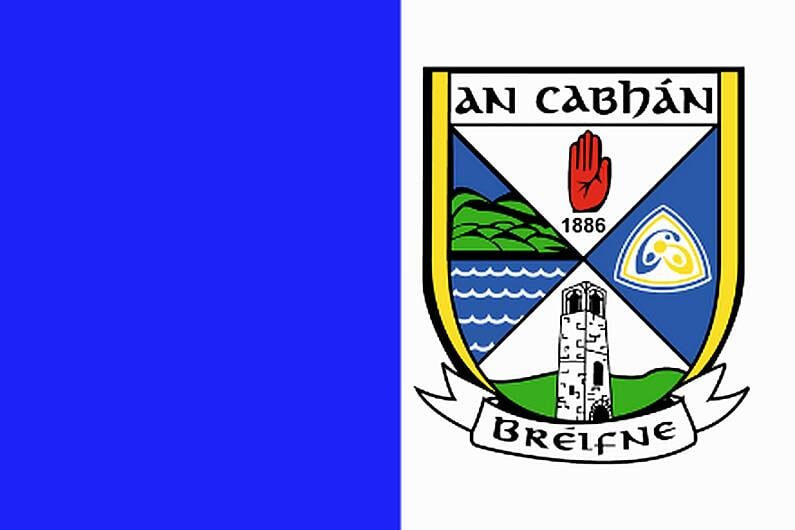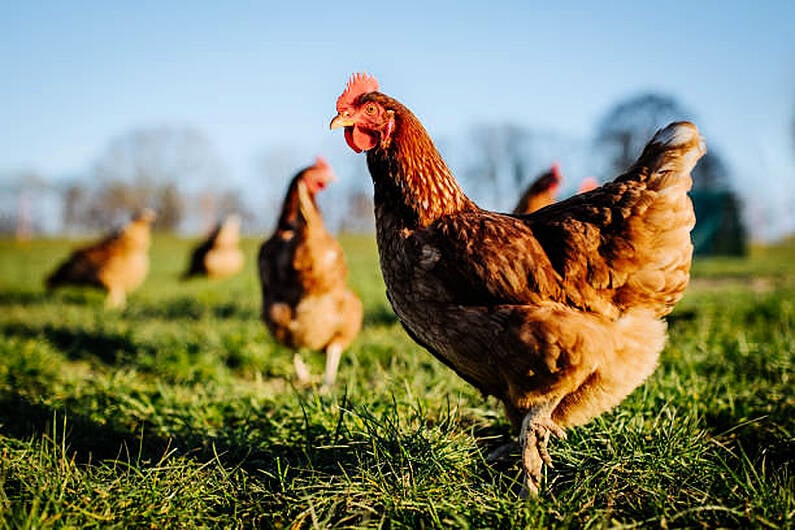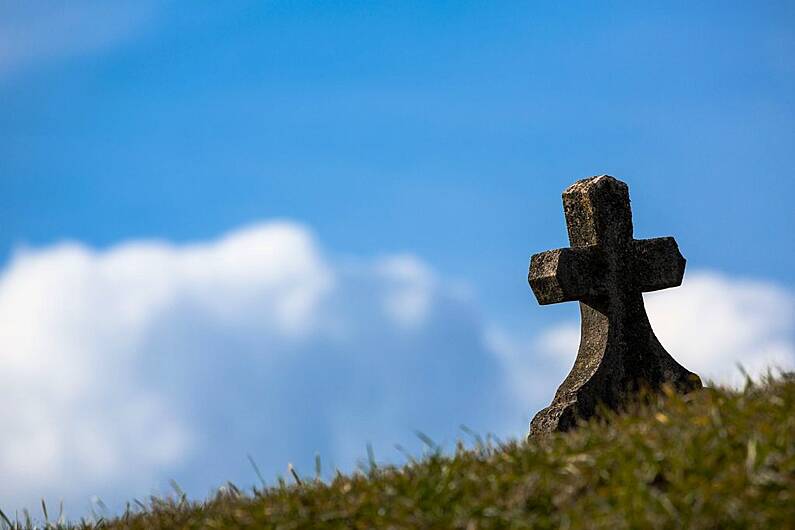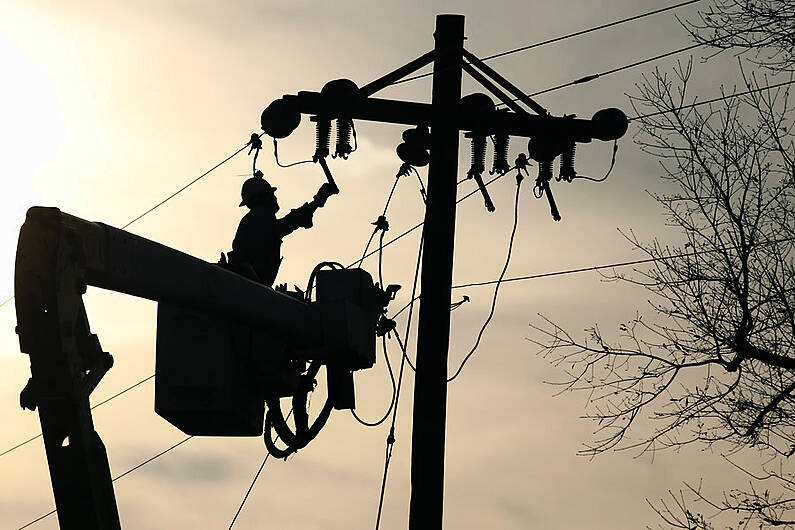Beating England to win a Grand Slam in Dublin on St Patrick’s weekend. No administrative geographical genius could’ve planned that one.
Many will say it doesn’t get better than that, well actually, it does!
Adverse situations and injuries have been ever-present throughout the journey, yet Ireland still finish top of the pile with four bonus-points victories from five games. Furthermore, Farrell’s men registered the second highest number of tries (20) and conceded the fewest (six).
Recipe for success
Notwithstanding the eventual outcome, the most ardent Irish rugby fans will concede the England performance was quite disjointed and unconvincing.
The visitors made life very difficult and claimed almost an even share of possession, territory as well as time spent inside the opposing 22. Ireland still found a way to win however, a common characteristic among great teams.
Strong mental fortitude was a key weapon in Ireland’s arsenal and when it becomes allied to strength in depth, you suddenly have a recipe for success. This all became apparent during the third-quarter of last Saturday's game.
Strength in depth
Ireland could easily have folded during this period. England narrowed the gap to a solitary point on 52 minutes. Ireland were rattled during the following six minutes.
The lineout faltered! Possession was kicked away aimlessly on two occasions. Captain Johnny Sexton miscued a kick for touch and a scrum penalty was conceded.
The heads didn’t drop though! 58 minutes on the clock, Ryan Baird won a breakdown penalty giving Ireland a launch pad for attack.
Four minutes later, Robbie Henshaw registered Ireland’s second try.
This transpired to be the game’s turning point. Most notably however, two of the main protagonists didn’t start any of Ireland’s preceding six nation’s matches.
Multi-skilled
Henshaw is one of 13 Irish players to cross the whitewash during the competition. The forwards have plenty of representation too. Three of Ireland’s four tries came from forwards last Saturday. One from Rob Herring, third-choice hooker.
First-choice hooker Dan Sheehan and lock James Ryan amassed two tries each over the five games, putting them on a par with French attackers Ethan Dumortier and Gael Fickou.
These stats clearly reflect the great work Farrell and his coaching ticket have done to enhance the player’s repertoire of skills. The performances of Cian Healy and Josh Van der Flier against Scotland is further testimony thereto.
That day, Ireland were minus the services of first and second choice hookers. Dan Sheehan was joined in the treatment room by Ronan Kelleher. Cian Healy executed the role of hooker with distinction in the scrum while van der Flier’s lineout throws were impeccable.
Improvement areas
Notwithstanding such positivity, we must remember Ireland are not bulletproof. Up until the turning point on Saturday, Ireland looked weighed down by expectations. Farrell’s men knew there was an opportunity to make history, in winning the grand slam on home soil and giving Captain Sexton his ideal six nations swansong.
The next onerous task is breaching the World Cup quarter-final ceiling. Ireland know themselves that France or New Zealand would provide tougher opposition than an English side who’ve lost nine of their last 17 test matches.
Johnny Sexton
Ireland will also hope that Sexton can stay injury-free for the duration of the world cup. Farrell has a multiple of options in numerous areas, but questions marks persist around out-half.
Ross Byrne has often acquitted himself well when introduced off the bench, but the Italian game showed the different dynamics when starting.
Byrne played reasonably well overall but didn’t have the same controlling influence as Sexton. Additionally, Ireland’s attack clearly felt his absence as it didn’t function with the same fluidity.
Positives outweigh negatives
Overall though, Andy Farrell will be pleased because the positives outweigh the negatives. In 2019, a poor Six Nations campaign set the tone for a disastrous world cup. Four-years on, things couldn’t be more different.
Those in green have amassed 11 successive wins in all competitions and have outwitted New Zealand, South Africa, Australia, France and England along the way.
The quagmire of injuries and adversity has been ever-present but Ireland’s ability to navigate same offers reason enough to be optimistic about the future.
